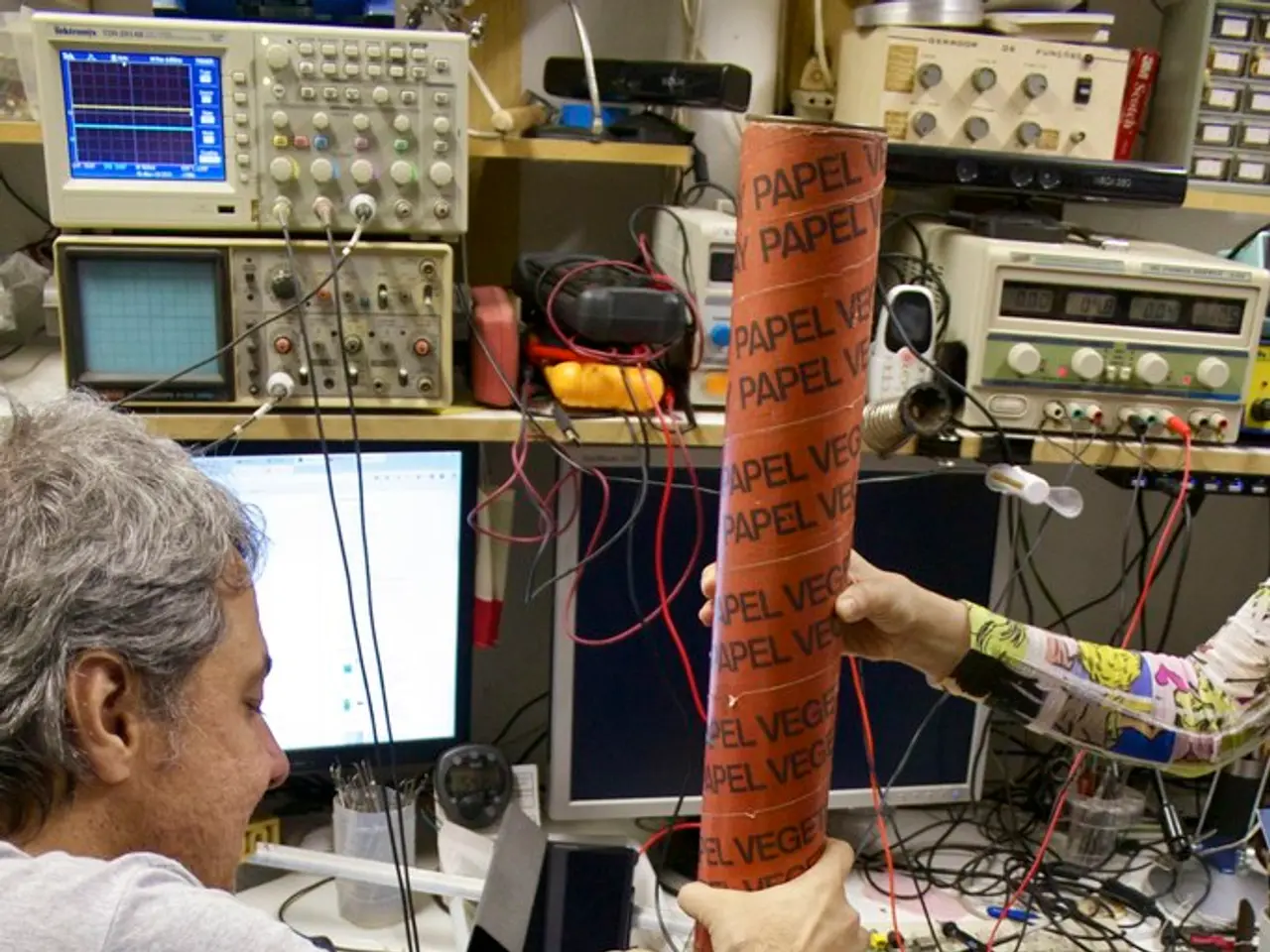Preparing Workforces for Tomorrow: Securing Employees Against Future Job Disruptions
The world of work is evolving rapidly, and a new study by Boston Consulting Group (BCG) provides valuable insights into the preparations being made in workplaces to meet this future. The study emphasizes the need for a shift in mindset, viewing skills acquisition as a means of future-proofing for both businesses and employment prospects.
The report suggests a more flexible approach, making plans to reskill but setting a path that can be adapted to changing circumstances. However, it indicates a lack of systematic evaluation of potential skill gaps between workers' current skills and those needed in the future. Workers cite lack of time and cost of training as the main obstacles to acquiring new skills.
BCG's key insights and recommendations include embedding AI fluently within the workforce, using purpose-driven leadership, preparing for multiple future scenarios, upskilling workers continuously, especially in AI capabilities, adopting flexible and personalized learning approaches, leveraging AI as a collaborative partner, and elevating HR leadership as strategic partners.
These strategies form a comprehensive approach where organizations build resilience and agility by fusing human and AI strengths, fostering lifelong learning, and grounding decisions in a strong unifying purpose aligned with shifting economic and policy landscapes. This allows the workforce to not only survive but thrive amid rapid technological and organizational transformation.
The study also explores the role of public institutions in building new workforce skills. Public institutions can help by establishing individual learning accounts to enable workers to access training as needed throughout their careers.
The study, based on responses from around 4,700 workers and in-depth interviews with companies and institutions, offers new insights into the way workers view the acquisition of new skills in response to technological advances. Most companies understand the importance of giving workers opportunities to acquire new skills but are not investing sufficiently or developing long-term horizons for skills development.
Rapid technological changes are a major concern for workers, with two-thirds expecting their jobs to significantly change every five years due to technology. In the future world of work, skills acquisition will be a continuous process, requiring constant reassessment of workforce capabilities by companies and regular skill upgrades by workers.
The study, conducted by BCG, focuses on future-proofing the workforce, emphasizing the importance of integrating AI and human talent, continuous upskilling, strategic agility, and a strong organizational purpose. By adopting these strategies, businesses can navigate the challenges of the future world of work and ensure their workforce is ready for whatever comes next.
- To navigate the challenges of the future world of work, businesses should focus on integrating AI and human talent, investing in continuous upskilling of their workforce, practicing strategic agility, and establishing a strong organizational purpose.
- The study conducted by Boston Consulting Group (BCG) highlights the significance of adopting flexible and personalized learning approaches to address the lack of systematic evaluation of potential skill gaps, particularly in AI capabilities, as a means of future-proofing both businesses and employment prospects.
- Public institutions play a crucial role in building new workforce skills by establishing individual learning accounts, enabling workers to access training throughout their careers, thus helping to bridge the gap between current and future skills needed for personal, career, and business development.






